
Sounds in the silence of political exile
My recent discovery of Alexander Sochaczewski’s painting, Farewell to Europe!, in the Museum Pawilon-X in Warsaw compelled me to think anew about the experience of political exile and about the innate “wordlessness” that the state intended it to symbolize. Although Sochaczewski never sold a single painting during his life, today his work is viewed by thousands of visitors who […]
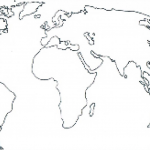
Comparisons and Connections (part 2)
In her last blog (https://staffblogs.le.ac.uk/carchipelago/2015/02/05/the-politics-of-comparison-writing-a-global-history-of-punishment/), Clare Anderson points to the challenges the Carceral Archipelago Project faces in writing the history of punishment as global history. Indeed, addressing the singularity of each site and connection of convict transportation and proposing broader interpretations is a complex task, which requires a high degree of self-reflexivity regarding our methodological […]
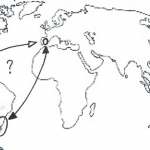
Comparisons and Connections (part 1)
In her last blog (https://staffblogs.le.ac.uk/carchipelago/2015/02/05/the-politics-of-comparison-writing-a-global-history-of-punishment/), Clare Anderson points to the challenges the Carceral Archipelago Project faces in writing the history of punishment as global history. Indeed, addressing the singularity of each site and connection of convict transportation and proposing broader interpretations is a complex task, which requires a high degree of self-reflexivity regarding our methodological […]
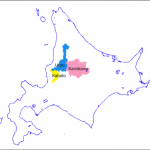
Awful Things Began to Happen: Rapid Change of Ainu Homeland and Convict Labour as Seen by the Ainu, By Minako Sakata
The Kamikawa region is one of areas that today still has relatively a large population of the Ainu. It is also the site of the most famous land dispute between the Hokkaido Government and the Ainu in the early 20th century. The Hokkaido Aborigines Protection Act of 1899, containing some restrictions and leading to many […]
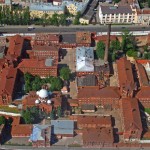
Reflections on the world’s largest prison
Several days ago, I broke from reading through the notes of nineteenth-century Russian penal inspectors to admire the 23rd edition of the International Prison News Digest, a publication of the Institute for Criminal Policy Research. As I perused this amazing compendium, I was struck anew by the way in which certain facets of the prison […]
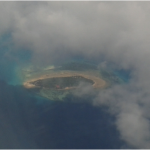
Zanzibar’s Prison Island: The Prison That Never Was, by Sarah Longair
My initial research on peculiar history of Zanzibar’s so-called Prison Island as part of the Carceral Archipelago project began last year delving into the records in the National Archives and the British Library. Relying on Foreign Office correspondence, I was able to piece together some of the original documents of the construction of prison buildings […]
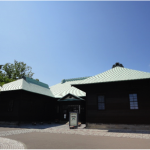
Town Commemorates Convicts, by Minako Sakata
At the end of August, I visited Tsukigata, a small town in Hokkaido where the Kabato Central Prison was located from 1881 to 1919. The town was established in the year when the prison opened, and named after its first director, Kiyoshi Tsukigata. This town has unique sites that show the history of Hokkaido as […]

The Clink restaurant at HMP Brixton: fine dining and prison education
By Sarah Longair, Carceral Archipelago Project Researcher. Having been aware of the work of The Clink Charity, an innovative and exciting initiative which establishes restaurants in prisons, I was thrilled to hear that the latest one to benefit was HMP Brixton, not far from where I live. The Clink has been established with the aim […]
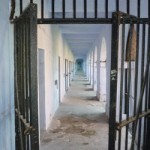
CArchipelago reaches its first birthday with the launch of its new blog
The Carceral Archipelago’ is a 5-year project that has been funded by the European Research Council under the direction of principal investigator Professor Clare Anderson. It runs from 2013 to 2018. The project’s overall aim is to analyse the relationships and circulations between and across convict transportation and penal settlements and colonies, and coerced labour, […]

Recent Comments